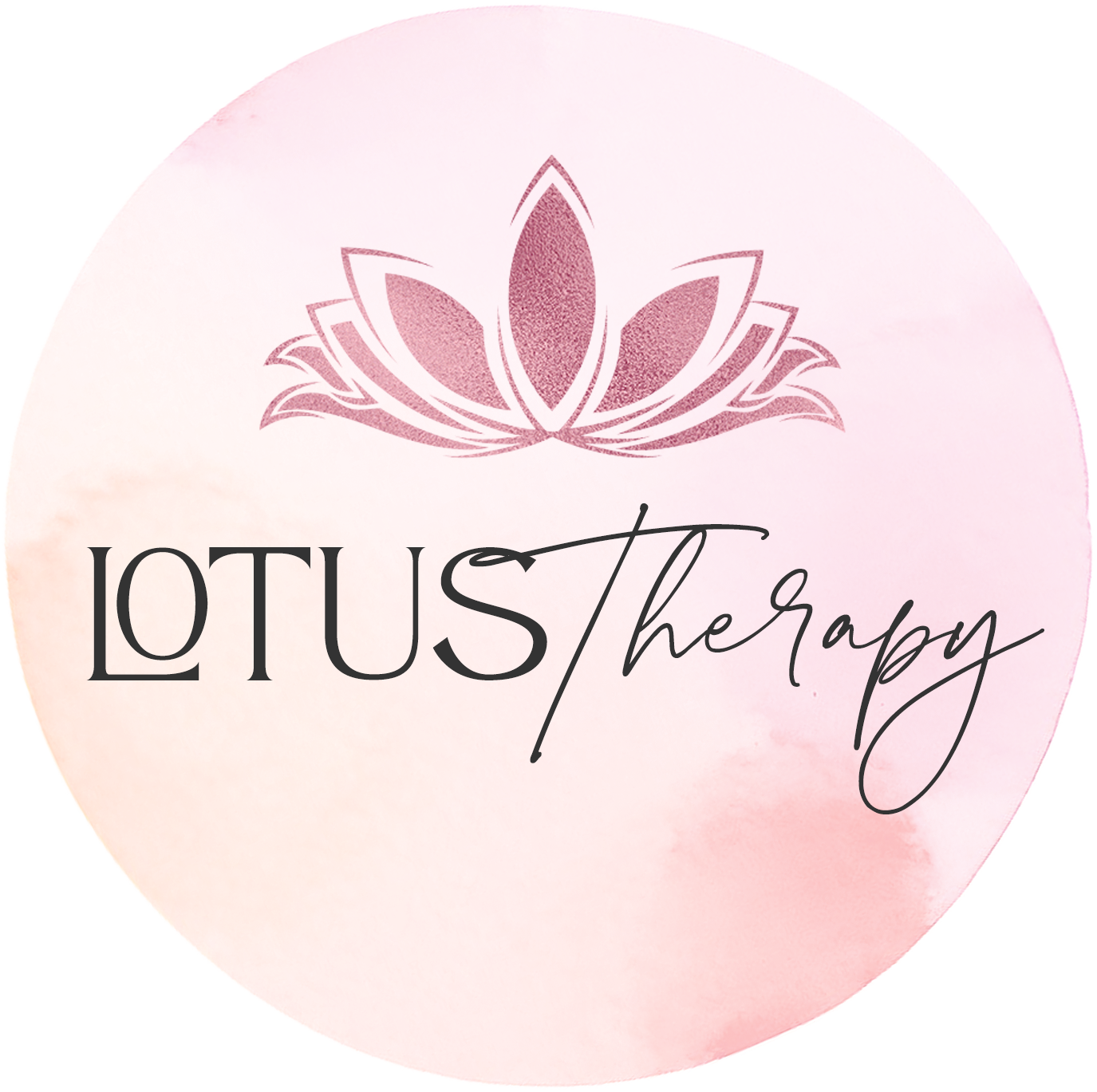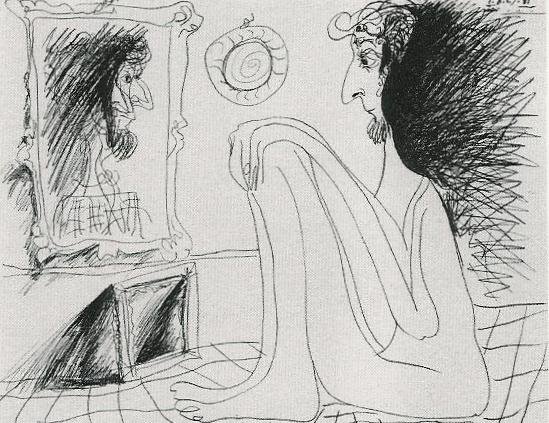How Looking in the Mirror Can Help Your Relationship
Reflecting On Yourself For a Stronger MArriage
When we think about improving our relationships or marriages, our minds often jump to what we can do for our partners—being more supportive, communicating better, or planning more quality time together. But what if the key to a stronger relationship lies in a different kind of reflection—one that starts with looking in the mirror? In this blog post, we’ll explore how self-reflection and personal accountability can play a vital role in enhancing your relationship or marriage.
The Power of Self-Reflection in Relationships
Looking in the mirror, both literally and figuratively, is about more than just checking your appearance. It’s about taking a deeper look at yourself—your thoughts, behaviors, and emotions—and how they influence your relationship. Self-reflection allows you to identify patterns, recognize areas for growth, and understand how you contribute to the dynamics of your marriage.
By regularly reflecting on your actions and attitudes, you can become more aware of how you interact with your partner. This awareness is the first step toward making positive changes that can strengthen your bond and improve your relationship.
Understanding Your Role in the Relationship
One of the most important aspects of self-reflection is understanding the role you play in your relationship. Every interaction between partners is influenced by both individuals, and recognizing your part in these interactions is crucial for growth.
Identify Triggers: What situations or behaviors trigger negative reactions in you? Understanding your triggers can help you manage your responses and prevent unnecessary conflicts.
Acknowledge Strengths and Weaknesses: Reflect on your strengths as a partner, as well as areas where you may need to improve. Are you a good listener? Do you struggle with patience? Recognizing these traits can help you focus on personal development.
Take Responsibility: Be honest with yourself about the ways in which you might contribute to challenges in the relationship. This could involve anything from avoiding difficult conversations to holding onto past grievances. Taking responsibility is the first step toward making meaningful changes.
Enhancing Communication Through Self-Reflection
Effective communication is the cornerstone of any healthy relationship, and self-reflection can greatly enhance how you communicate with your partner. By taking the time to consider your own thoughts and feelings before speaking, you can communicate more clearly and empathetically.
Pause Before Reacting: When emotions run high, it’s easy to say things you don’t mean. By taking a moment to reflect before responding, you can choose your words more carefully and avoid unnecessary hurt.
Clarify Your Needs: Reflecting on your own needs and desires allows you to communicate them more effectively to your partner. Instead of expecting your partner to guess what you need, take the time to understand and express it clearly.
Listen to Understand: Self-reflection can also improve your ability to listen. By being mindful of your own biases and assumptions, you can listen to your partner with an open mind and a genuine desire to understand their perspective.
Improving Emotional Intelligence
Emotional intelligence—your ability to understand and manage your own emotions, as well as recognize and influence the emotions of others—is critical in any relationship. Looking in the mirror helps you develop greater emotional intelligence by fostering self-awareness and empathy.
Recognize and Regulate Emotions: Regular self-reflection can help you become more attuned to your emotions, making it easier to regulate them. This is especially important during conflicts, where staying calm and composed can prevent escalation.
Empathy Through Self-Awareness: Understanding your own emotions and triggers can enhance your empathy for your partner. When you understand why you react in certain ways, you can more easily empathize with your partner’s experiences and reactions.
Fostering Personal Growth for a Healthier Relationship
Looking in the mirror is not just about identifying problems; it’s also about recognizing opportunities for personal growth. By committing to continuous self-improvement, you can bring your best self to the relationship, which in turn strengthens the partnership.
Set Personal Goals: Whether it’s improving your communication skills, managing stress better, or being more patient, setting personal goals can help you grow as an individual and a partner.
Celebrate Progress: Acknowledge and celebrate the progress you make. Personal growth is a journey, and recognizing your achievements can motivate you to continue evolving.
Support Each Other’s Growth: Encourage your partner to engage in their own self-reflection and personal growth. Supporting each other in this process can lead to a more harmonious and resilient relationship.
The Mirror as a Tool for Relationship Success
Looking in the mirror and reflecting on your own actions, thoughts, and emotions is a powerful tool for enhancing your relationship or marriage. By cultivating self-awareness, taking responsibility for your role in the relationship, improving communication, and fostering personal growth, you can create a stronger, more fulfilling partnership.
Remember, the key to a successful relationship often starts with you. By showing up as your best self and encouraging your partner to do the same, you can build a relationship that is rooted in mutual respect, understanding, and love.
As a couples therapist based in Lakeland, Florida, I offer personalized counseling services to help couples strengthen their relationships. If you feel that professional help could benefit your relationship, don’t hesitate to reach out! If you're looking for something more personalized, I invite you to contact me for a consultation or book a session. Together, we can work towards building a more intentional and fulfilling relationship.
Written By: Crystin Nichols MS, RMFTI

